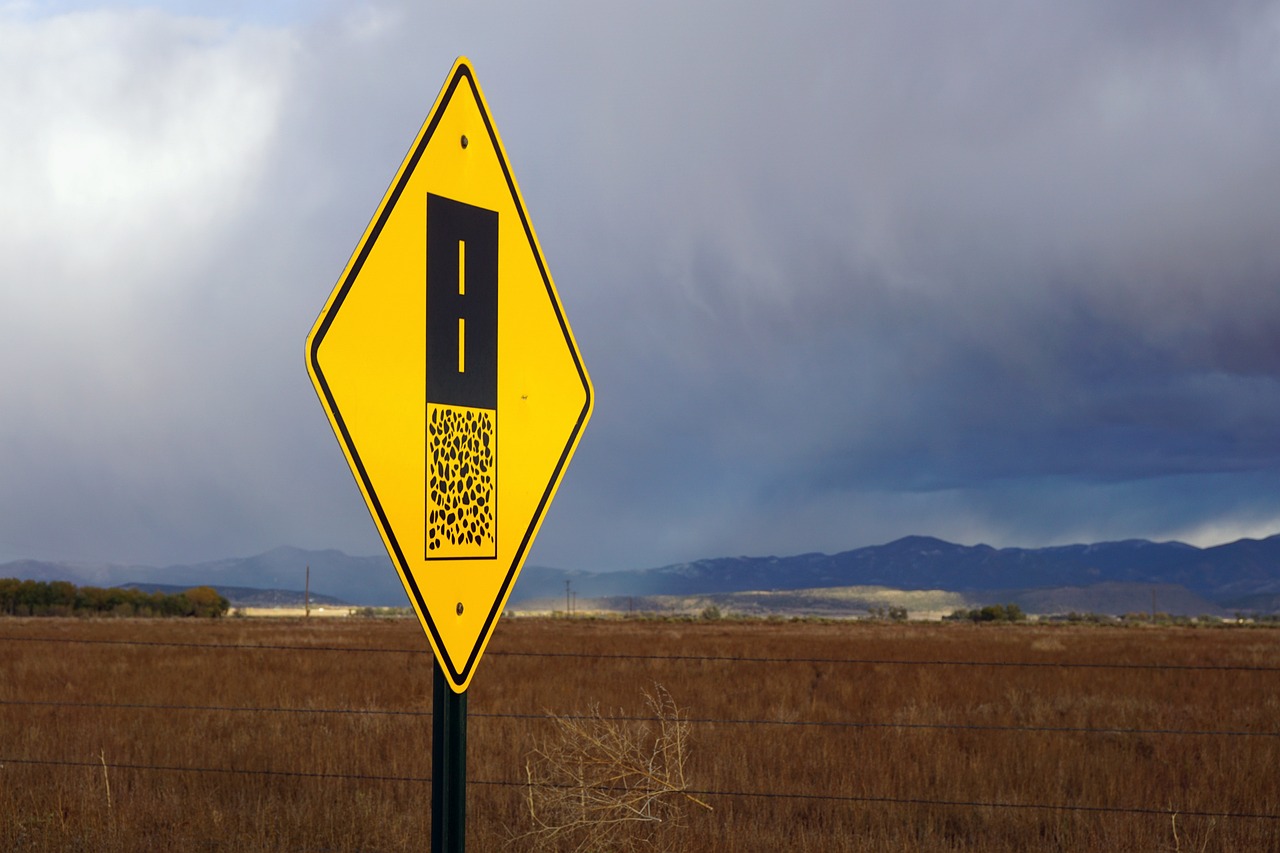The Future of Car Data Monetization: Betbhai9 sign up, Playexchange login, Lotus365 vip login
betbhai9 sign up, playexchange login, lotus365 vip login: In today’s digital age, data is king. And one industry that is sitting on a goldmine of data is the automotive industry. With the rise of connected cars and smart technology, vehicles are generating massive amounts of data every day. From driver behavior and vehicle performance to location and traffic patterns, the potential for monetizing car data is endless.
But what exactly is car data monetization? And what does the future hold for this industry? In this article, we will explore the opportunities and challenges of car data monetization and how it is shaping the future of the automotive industry.
The Rise of Connected Cars
With the advent of IoT (Internet of Things) technology, cars are becoming more connected than ever before. Modern vehicles are equipped with a myriad of sensors and devices that collect data on a wide range of parameters, such as speed, fuel consumption, engine performance, and more. This data is transmitted in real-time to manufacturers, service providers, and other stakeholders, creating a treasure trove of valuable information.
As vehicles become increasingly connected, the potential for monetizing car data is growing exponentially. Manufacturers can use this data to improve vehicle design and performance, develop new services and features, and even create new revenue streams. Service providers can leverage car data to offer personalized services, optimize maintenance schedules, and improve customer experiences. And third-party developers can use car data to build innovative applications and solutions that enhance the driving experience.
Opportunities and Challenges
The opportunities for monetizing car data are vast. Manufacturers can analyze driver behavior and vehicle performance data to optimize product design, identify potential defects, and improve safety features. Service providers can use car data to offer personalized insurance policies, predictive maintenance services, and on-demand roadside assistance. And third-party developers can create a wide range of applications, such as traffic management tools, parking assistance services, and in-car entertainment systems.
However, the monetization of car data also presents several challenges. Privacy and security concerns are top of mind for many consumers, who may be wary of sharing sensitive information about their driving habits and vehicle usage. Data quality and accuracy are also important considerations, as inaccuracies in the data can lead to erroneous conclusions and decisions. And regulatory compliance is a key issue, as governments around the world are enacting laws to protect consumer data and ensure transparency in data collection and usage.
The Future of Car Data Monetization
Despite the challenges, the future of car data monetization looks bright. As the automotive industry continues to evolve, manufacturers, service providers, and third-party developers are finding new and innovative ways to leverage car data for financial gain. From personalized services and targeted marketing to data analytics and machine learning, the possibilities are endless.
One of the most promising trends in car data monetization is the rise of subscription-based services. Manufacturers are exploring new business models that offer customers access to premium features and services for a monthly fee. For example, subscription-based services can provide drivers with real-time traffic updates, remote vehicle monitoring, and personalized entertainment options. This model not only generates recurring revenue for manufacturers but also enhances the overall customer experience.
Another key trend in car data monetization is the integration of artificial intelligence (AI) and machine learning. By analyzing vast amounts of car data, AI algorithms can uncover valuable insights and patterns that can drive business decisions and improve service offerings. For example, AI can predict maintenance issues before they occur, recommend personalized services based on driver behavior, and optimize fuel efficiency for individual vehicles.
Furthermore, the emergence of blockchain technology is revolutionizing car data monetization. Blockchain offers a secure and transparent way to store and share data, ensuring that sensitive information is encrypted and protected from unauthorized access. Manufacturers can use blockchain to create secure data marketplaces where they can sell car data to third-party developers and service providers, generating additional revenue streams.
FAQs
Q: Is car data monetization legal?
A: Yes, as long as car data is collected and used in accordance with applicable laws and regulations, such as data protection and privacy laws.
Q: How can consumers benefit from car data monetization?
A: Consumers can benefit from car data monetization by receiving personalized services, improved product offerings, and enhanced driving experiences.
Q: What are some examples of car data monetization?
A: Examples of car data monetization include personalized insurance policies, predictive maintenance services, real-time traffic updates, and in-car entertainment systems.
Q: What role does cybersecurity play in car data monetization?
A: Cybersecurity is crucial in car data monetization to protect sensitive information from cyber threats and ensure the integrity and confidentiality of data.
In conclusion, the future of car data monetization is bright and full of opportunities for manufacturers, service providers, and third-party developers. By leveraging the power of connected cars, AI, machine learning, and blockchain technology, the automotive industry is poised to unlock new revenue streams and deliver innovative services to consumers. As the industry continues to evolve, car data monetization will play a key role in shaping the future of mobility and driving experiences.







